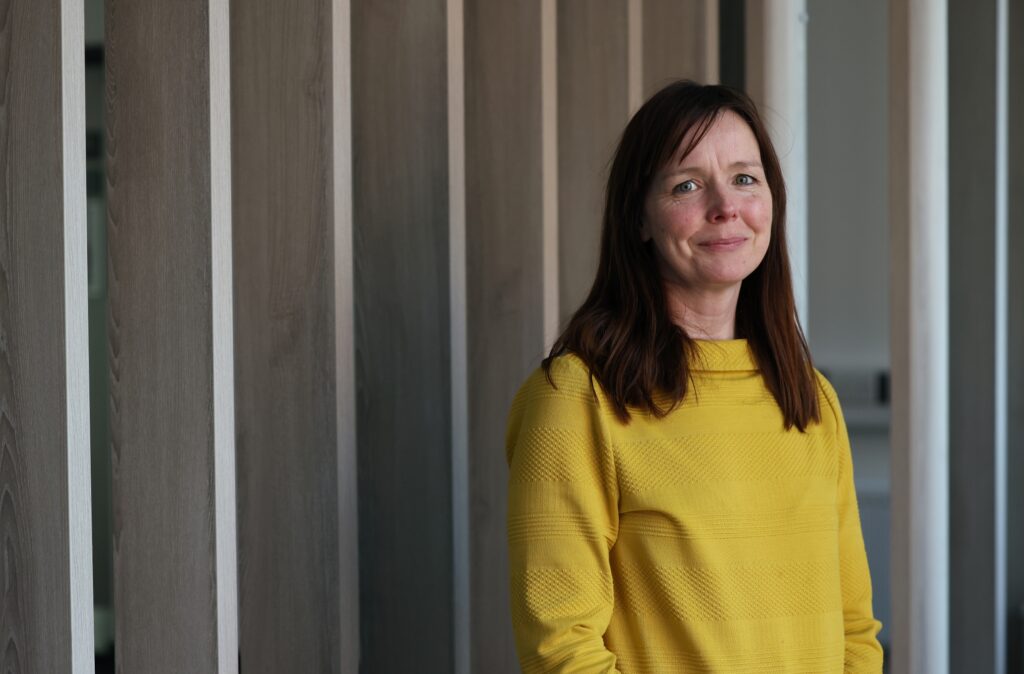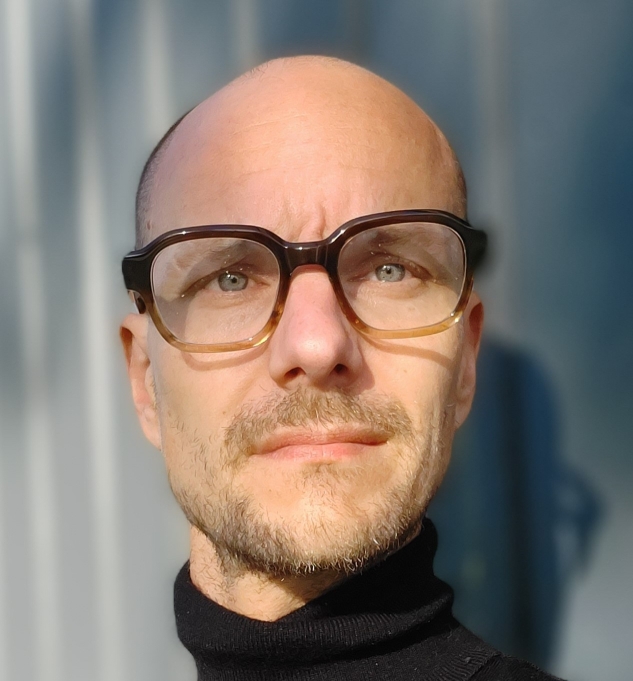Keynote Speakers
Plenary 1: Professor Helen Stalford (University of Liverpool)

Confronting Legal, Theoretical and Methodological Boundaries in Child Migration Research
Law and legal processes governing child migration – particularly in the context of forced migration – are designed to reinforce geographical, social, cultural and economic boundaries. In many cases this inflicts significant harm on children, such that it is tantamount to state-sanctioned violence. This paper will draw on examples from empirical projects conducted in the UK to illustrate this point, relating in particular to unaccompanied asylum seekers and children affected by parental deportation.
In the process, the presentation questions the actual and potential of children’s rights and current approaches to child migration research to confront and resolve these issues. In doing so, it suggests that the current framing and application of children’s rights and ‘child friendly justice’, rather than promoting and improving outcomes for migrant children, colludes in perpetuating and legitimising injustices against them.
The paper then explores some alternative theoretical, methodological and procedural approaches that may go some way towards confronting and resolving the boundaries created by the very same communities and standards that purport to protect children.
Plenary 2: Associate Professor Pekka Mertala (University of Jyväskylä)

Butterflies, Boundaries, and Platforms: Reflections on Postdigital Childhoods
In this talk, I will address the main theme of the conference—childhood and boundaries—through the conceptual lens of the postdigital. The prefix “post” does not mean that we should stop caring about the digital. Rather, it signals a shift in perspective: we can’t focus solely on the digital anymore because it is no longer separate from the social, material, or ecological environments we inhabit.
Take wireless internet—better known as “Wi-Fi” in everyday language—as an example. What we perceive as “wireless” and intangible actually depends on 1.4 million kilometers of telecommunication cables laid across the seafloor, covering every ocean on the planet. Laid end to end, these cables would span the diameter of the Sun.
Throughout the presentation, I shift between macro- and micro-level viewpoints, alternating between a telescope and a magnifying glass, metaphorically speaking. More precisely, on one hand, I will address issues related to planetary boundaries—constantly challenged and violated by lithium and cobalt mining, energy-hungry data centers, and the digital waste generated by the short life cycle of digital technologies. On the other hand, I will explore individual children’s rights and their possibilities to set boundaries—for example, in relation to the data collected from them for various purposes.
To keep the talk (at least somewhat) focused, I will use (post)digital platforms as a central thread. Specifically, I will approach platforms as boundary objects that connect children’s digital, social, and material worlds—often in ways that remind me of the metaphorical butterfly effect: “A butterfly can flap its wings in Peking, and in Central Park, you get rain instead of sunshine.”
Plenary 3: Panel Discussion
While childhood studies is a common denominator for those participating in the conference, it is also a multidisciplinary field of study. The panel discussion will consider questions shared by scholars in the field. For example, what defines childhood studies as a research field, or where are its borders? Are there some theories or methodologies that define the field of study? What are the key challenges in childhood studies? Which questions or issues should it attend to in the future?
The conference features a panel discussion, which will connect the speeches and themes presented during the event. The panel is chaired by Professor Emerita Maarit Alasuutari from the University of Jyväskylä, Faculty of Education and Psychology. In her research, Maarit has examined the consequences of educational policy and other societal changes on early childhood education practices from the perspectives of children, guardians, and professionals. Childhood research, and especially questions concerning children’s participation, are key areas of Maarit’s research.

In addition to the keynotes already introduced, the panelists are Professor Noora Ellonen from the Tampere University, Criminology and Criminal Policy, and Professor Karin Murris from the University of Oulu, Early Childhood Education.

